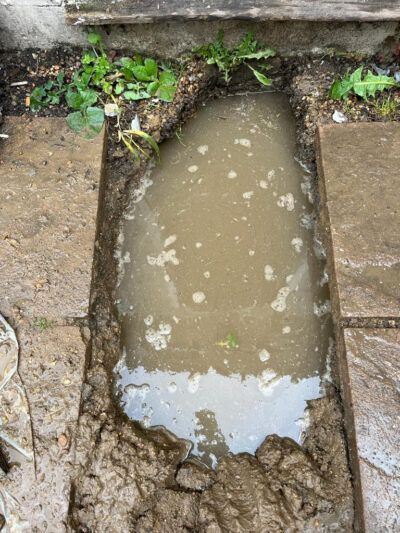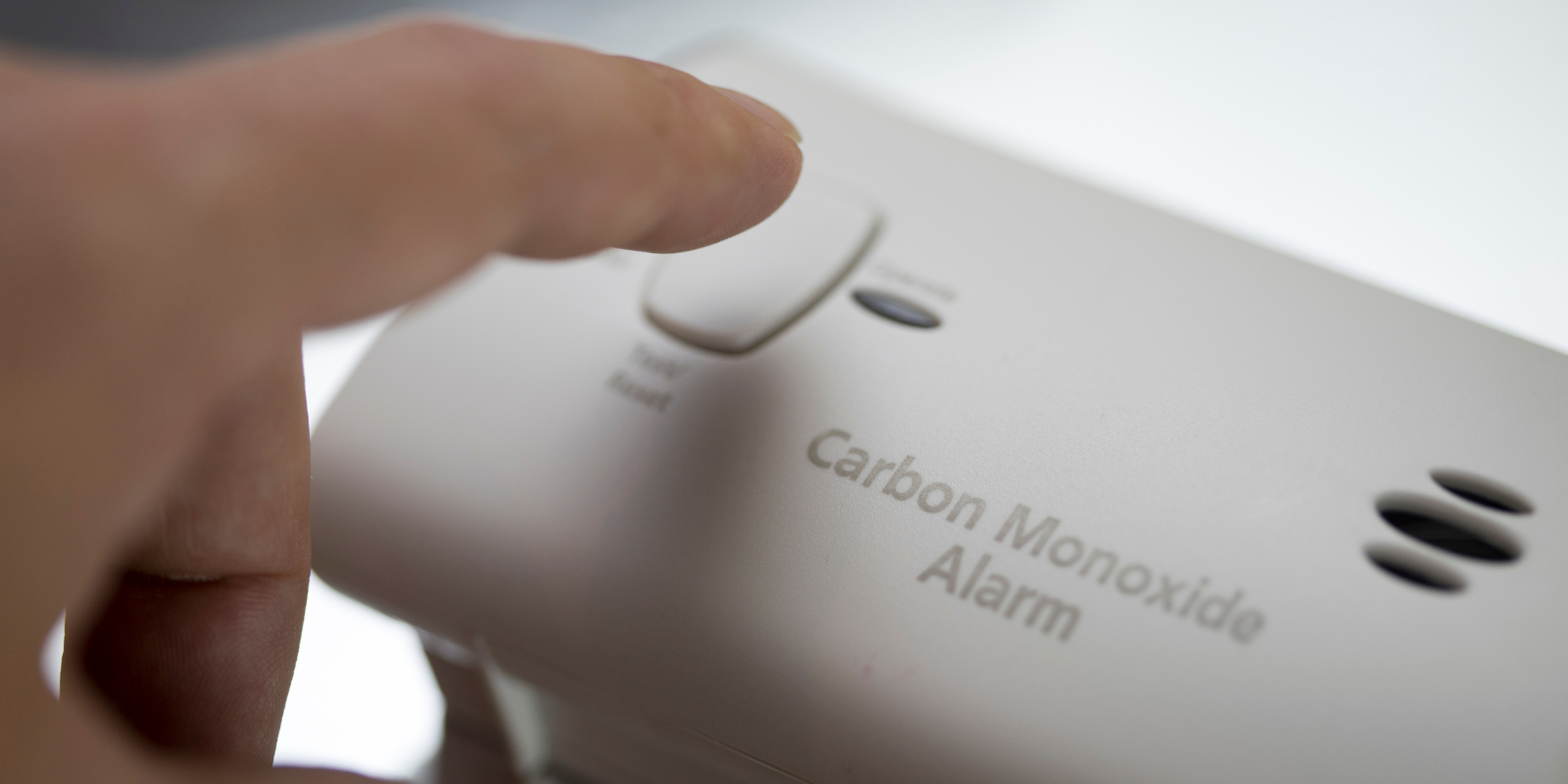Are Your Old Lead Water Pipes Affecting Your Drinking Water - And Your Health?
Are Your Old Lead Pipes Affecting Your Health?

If your house was built before 1970 then there is a good chance that the water pipes to your house, and possibly those in your house, are lead and possibly causing you and your family health problems.
What are the health problems caused by lead poisoning?
Exposure to lead through drinking water from lead pipes and plumbing fixtures can have several harmful health effects, especially if the exposure is prolonged or occurs at high levels. Here are some of the potential health effects of lead-contaminated water:
1. Lead Poisoning: The most significant health concern associated with lead in water is lead poisoning, also known as lead toxicity or plumbism. Lead poisoning can cause a range of symptoms and health problems, including developmental delays in children, cognitive impairment, behavioral problems, and neurological damage.
2. Cognitive Impairment: Lead exposure, particularly in children, can lead to cognitive impairment, affecting learning ability, IQ, and academic performance. It can also result in attention deficits and behavioral issues.
3. Developmental Delays: Lead exposure during early childhood can cause developmental delays, leading to problems with physical and mental growth.
4. Lowered IQ: Chronic exposure to lead, even at low levels, has been associated with a decrease in IQ in children.
5. Behavioral Problems: Lead exposure can contribute to behavioral problems such as aggression, hyperactivity, and impulsivity in children.
6. Anemia: Lead can interfere with the production of hemoglobin, which can lead to anemia, particularly in children.
7. Kidney Damage: Long-term exposure to lead can harm the kidneys and increase the risk of kidney disease.
8. Hypertension: There is evidence to suggest that lead exposure is associated with an increased risk of high blood pressure (hypertension) in adults.
9. Fertility Issues: Lead exposure can affect fertility in both men and women.
10. Pregnancy Complications: Pregnant women exposed to lead can experience complications such as miscarriage, premature birth, and low birth weight.
It's important to note that the severity of health effects depends on factors such as the level and duration of lead exposure, individual susceptibility, and the age of the person exposed. Infants, young children, and pregnant women are particularly vulnerable to the harmful effects of lead.
To reduce the risk of lead exposure from water pipes, it's advisable to have your water tested for lead, especially if you live in an older home with lead plumbing. If high lead levels are detected, it's essential to take steps to mitigate the risk, which may include replacing lead pipes, using water filters certified to remove lead, and running cold water for several minutes before using it for drinking or cooking. Consult with your local health department or water utility for guidance on lead testing and mitigation measures in your area.
For more information and advice please contact CWPipewise on 07470 175435






